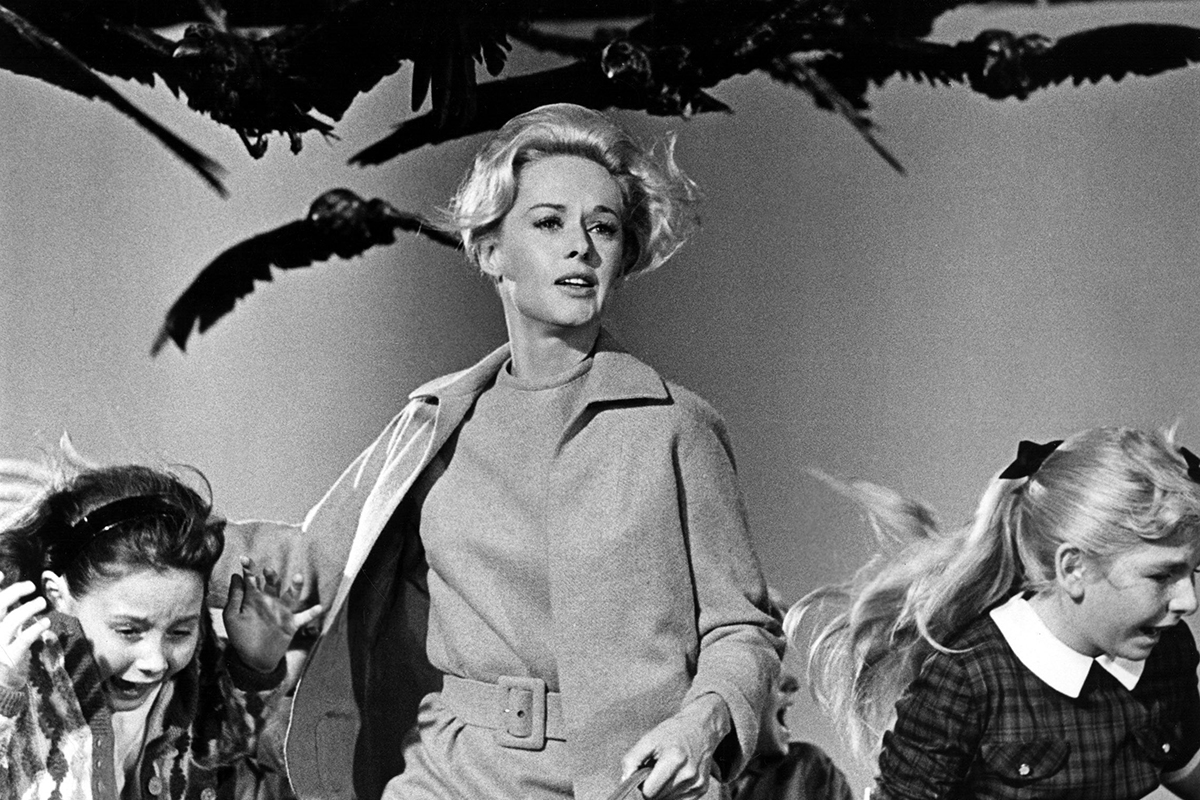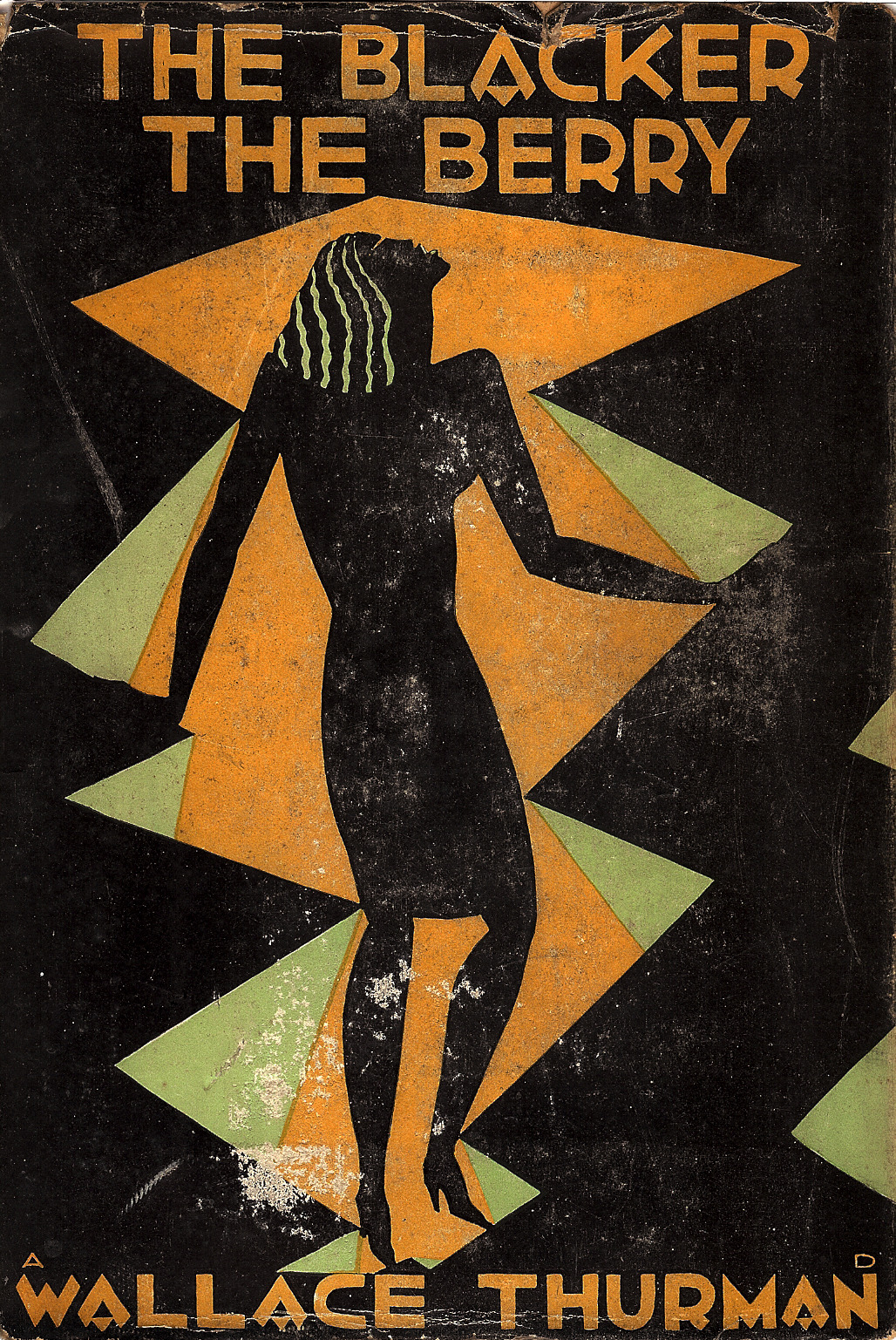How Literature Found its Way Home

Screen capture from Alfred Hitchcock's "The Birds" (1963)
Back in 2007, Hunt and Sorrels Libraries changed our classification system from Dewey Decimal to Library of Congress. This took a massive effort - running reports, relabeling, shifting, and the inevitable problems that an automated transfer couldn’t solve. Terrence Chiusano said there were “a lot of flip-related hassles and fallout with serials too. I remember distinctly the pain of it.” Kristin Heath added “it took me from 2008-2011 to manually reclassify the music scores since 2/3 of them did not automatically convert. I hired a couple of music graduate students to help me finish up since it was taking so long. It was a ton of work.”
My colleagues and I tackled the books that weren’t automatically reclassed, learning more as we worked. One project we literally shelved for later was fiction that fell into a group beginning with PZ, which denotes juvenile literature. Some of these were fairy tales and nursery rhymes, but the majority were adult books you’d never expect in a kids’ section - Virginia Woolf, John Updike, Philip Roth, Joyce Carol Oates, etc.
Reclassing and relocating these books with others by the same author would make them more discoverable for both physical and online browsing. Also, as I reclassed, I imported more complete records including plot summaries, individual short story titles, and subject headings to show the diversity of our collection. For example, I added keywords identifying authors as African American, Jewish, LGBTQ, Jamaican, Kenyan, and so forth. I also added information about novels in translation, and subject headings indicating stories about people with disabilities, factory workers, enslaved persons, slave rebellions and other categories.
 For example, I added this publisher's description to the record for Wallace Thurman’s The Blacker the Berry: “A source of controversy upon its 1929 publication, this novel was the first to openly address color prejudice among black Americans. The author, an active member of the Harlem Renaissance, offers insightful reflections of the era's mood and spirit in an enduringly relevant examination of racial, sexual, and cultural identity."
For example, I added this publisher's description to the record for Wallace Thurman’s The Blacker the Berry: “A source of controversy upon its 1929 publication, this novel was the first to openly address color prejudice among black Americans. The author, an active member of the Harlem Renaissance, offers insightful reflections of the era's mood and spirit in an enduringly relevant examination of racial, sexual, and cultural identity."
On a lighter note, I imported genre listings such as Detective fiction, Mystery fiction, Science fiction, and a new one to me, Steampunk fiction. By the way, if you enjoy science fiction, we have many in our collection. We also have quite a few Mickey Spillane and Dick Francis novels.
When we had a larger staff, we used to initial all the books we cataloged. As I worked, I saw the initials of my former colleagues. Ann Marshall was the department head when I started, in the era of the card catalog. Melva Reynovich remembered when the library was located on the 3rd floor of Baker Hall, and helped to catch books as they slid down a chute from their old home to the new Hunt Library building.
Other things I learned while reclassifying PZ books:
She might be famous for Little Women, but Louisa May Alcott also wrote gory, gruesome “thriller” novelettes to support her family. Check them out in Behind a Mask: The Unknown Thrillers of Louisa May Alcott.
The Land That Time Forgot, a description I use for certain wooded parts of Pittsburgh, is actually a novel by Edgar Rice Burroughs, creator of Tarzan.
I found more than a few books marked “Missing” in our online catalog, which was satisfying.
It was also satisfying to see books by writers like Gertrude Stein, John Steinbeck, and James Thurber restored to their family, and to see Toni Morrison’s magnificent Sula shelved by her other works.
Ernest J. Gaines’ Autobiography of Miss Jane Pittman reminded me of the TV movie and the power and genius of Cecily Tyson. Now the book will sit beside A Gathering of Old Men and A Lesson Before Dying.
A Walk on the Wild Side was the title of a 1956 Nelson Algren book before it was a Lou Reed song. Algren also wrote The Man with the Golden Arm in 1949; Frank Sinatra played the lead in the 1956 movie (DVD-1821).
I found, in the collection Alfred Hitchcock Presents: My Favorites in Suspense, that he took “The Birds” from a short story by Daphne Du Maurier. The short story makes more sense, not connecting the bird attacks to one person, but framing them as an end-of-the-world scenario, which is even scarier. See for yourself: (DVD-376) versus the story.
I ran into many other books that were made into movies. Hmm, this could be another blog series: Which is better, the movie or the book? For example:
- The Night of the Hunter by Davis Grubb, or the movie starring Robert Mitchum (DVD-2066) as the evil preacher
- Arthur Hailey’s Airport, or the 1970’s movie with Burt Lancaster and Dean Martin (DVD-85)
- Jack Finney’s The Body Snatchers or Invasion of the Body Snatchers (DVD-1469)
- William Styron’s Sophie’s Choice or Meryl Streep’s heartbreaking performance (DVD-2665)
- Charles Webb’s The Graduate or the movie with Dustin Hoffman, Anne Bancroft, and Simon & Garfunkel’s music (DVD-7848)
- In my opinion, Peter Benchley’s Jaws pales in comparison to Spielberg’s version (DVD-1498).
Over a year, and roughly 1,250 books later, the PZ Project is done. Many thanks to Leah Zande for relabeling and Access Services staff for reshelving. Enjoy your summer reading!
by Jan Hardy, Library Specialist
